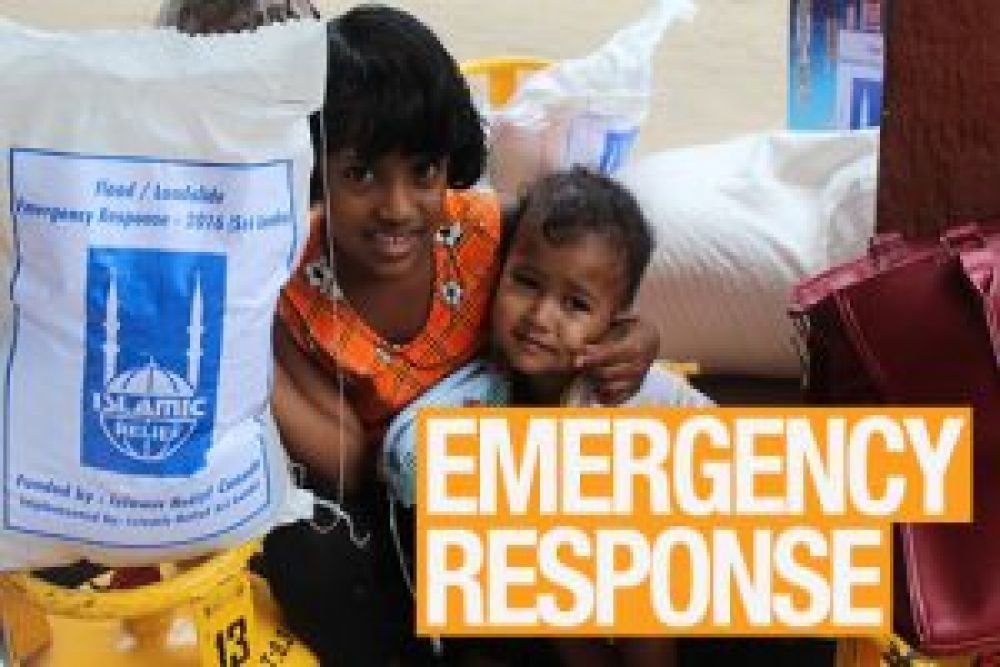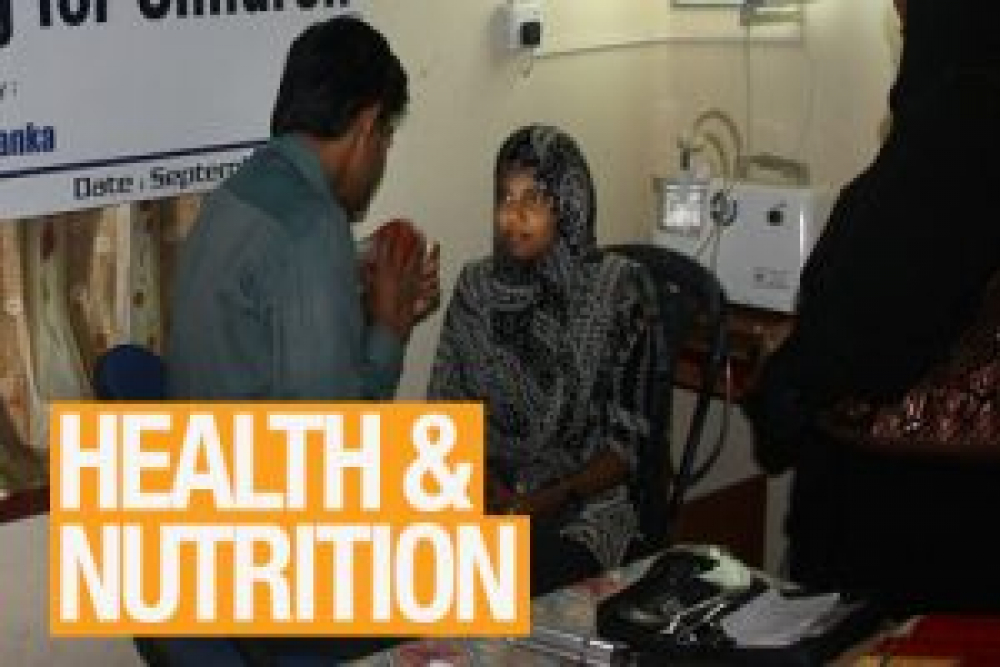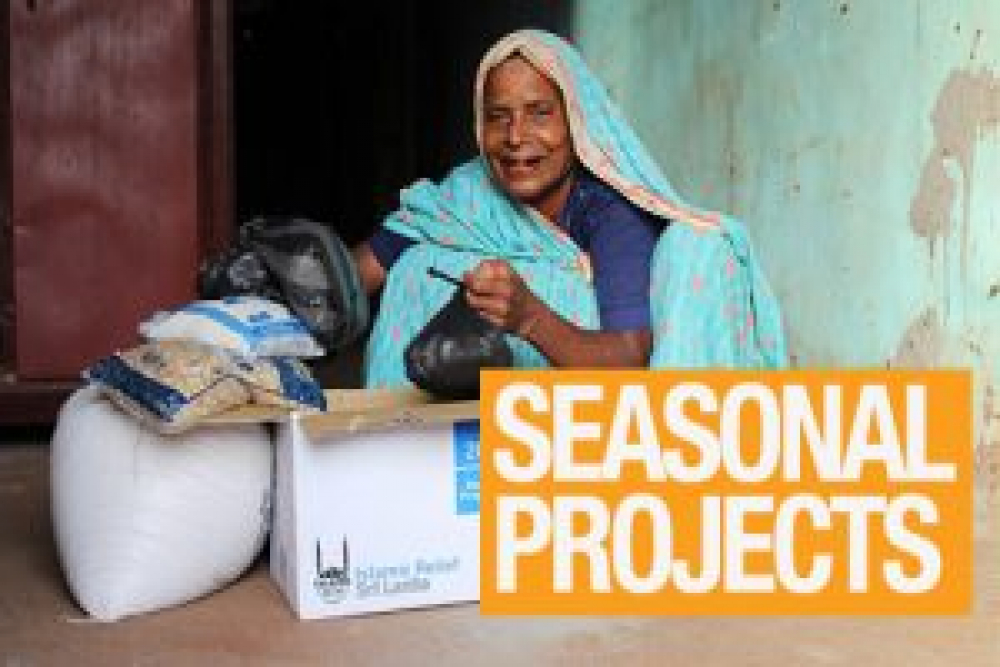Emergency Response
Emergency Response
The most frequent natural hazards that affect Sri Lanka are droughts, floods, landslides, cyclones, vector-borne epidemics (malaria and dengue), and coastal erosion. Although tsunamis are infrequent they cause severe damage, such as the devastating 2004 tsunami.

Further, it is also facing extreme environmental changes due to climate change. Islamic Relief Sri Lanka’s identified geographies and target populations are prone to multiple, recurring disasters and also facing the brunt of climate change. Therefore, as part of our global mandate and local priority Islamic Relief Sri Lanka strives to provide assistance and protection to the most vulnerable populations.
In addition to responding to emergencies we have a commitment to help communities rebuild their lives, to restore their livelihoods, to build their resilience to face disasters and to achieve long-term sustainable development.
Emergency response projects
Phone: +94 67 2280009, Email: info@islamic-relief.lk, Address: 240/1, Main Street, Akkaraipattu-02, Sri Lanka., Website: www.islamic-relief.lk





